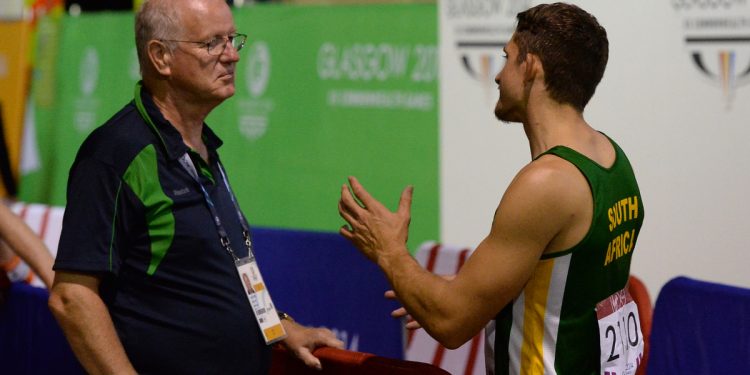This is Stuart Weir’s piece on the future of the Commonwealth Games. I recall spending time at the Commonwealth Games 2014 in Glasgow, Scotland. I thoroughly enjoyed Scotland and Glasgow and loved the Commonwealth Games. During the CG Games, Stuart and I told some Scottish writers that the US was considering asking to join the Commonwealth.
The Commonwealth Games were a tremendous idea. In this column, Stuart Weir, senior writer for RunBlogRun in Europe, speaks of the viability of the Games.
I have been to four Commonwealth Games (2010-2022) but I fear that I have been to my last one. The Games have an uncertain future and may have reached the end of the road. Started as the British Empire and Commonwealth Games in 1930, the 2022 Commonwealth Games was a multi-sport event with over 70 nations. The current requirement is that the Games must include swimming and track and field athletics. All other sports are discretionary.
The 2018 Games were held in Gold Coast – a small city on the Eastern Australian coast between Brisbane and Sydney. The location was great and the weather was wonderful. The Games were a great success. From then on, it started to go wrong. The 2022 Games were awarded to Durban, South Africa, but as costs soared, Durban was no longer able to host.
Birmingham, England, stepped into the breach with plans for a new-build Games village, which would be available as housing for the local population afterward. When COVID-19 intervened, the building of the new village was scrapped, with athletes accommodated in two University campuses and one large hotel. While this worked, it did so at the cost of teams being split across three sites and much less interaction between sports than usual. For all the challenges, the Birmingham Games were a great success – high-quality competition before sell-out crowds. The local economy benefitted massively.
The games came less than two weeks after the World Championships in Oregon, and the contrast was stark. While the World Championships struggled to fill Hayward’s Field with 12,000 spectators for evening sessions, Birmingham had crowds in excess of 25,000 at all the morning sessions.

CLICK HERE to Read the Full Original Article at runblogrun…

